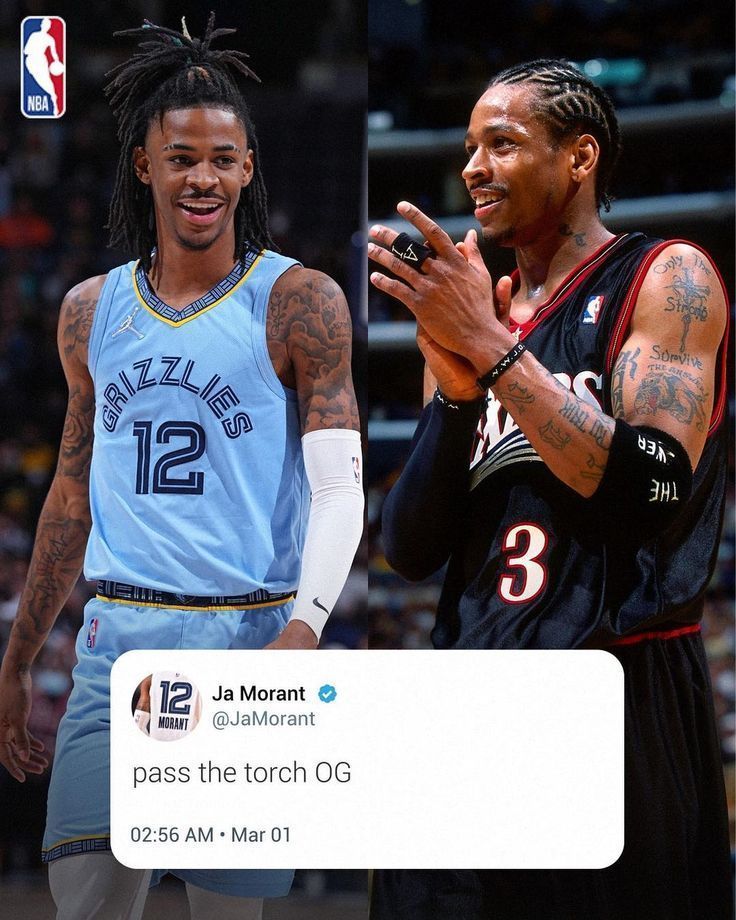The Cost of Enabling: Ja Morant, Allen Iverson, and the Power of Accountability


Ja Morant has been a dynamic force in the NBA, but his recent gun gesture controversy is a stark reminder: actions have consequences, and making excuses only sets the stage for self-sabotage. Too many are enabling this behavior, echoing a pattern we saw with Allen Iverson, whose unresolved past ultimately shortened what could have been an even greater legacy.
Consider what Iverson’s mentor, John Thompson, once said about the cost of not moving past your baggage:
"The one thing about Allen, though, is that he never got over his past. He never got over what happened to him in Hampton. He never got over going to jail. He never got over how people treated his mother. He carried that with him every day of his life."
— John Thompson
This isn’t about victimhood, it's a call to hold yourself accountable both on and off the court. When we excuse and enable destructive behavior, we risk crippling ourselves for life. As Denzel, in his role as Coach Boone, put it:
"The world don't give a d*mm about how sensitive these kids are, especially the young black kids. You ain't doin' these kids a favor by patronizing them. You crippling them; You crippling them for life."
— Denzel as Coach Boone
Let's learn from history and ensure that our support lifts us up rather than coddles us into complacency. Whether you're a rising star or a seasoned pro, staying on top of your game means taking responsibility for your actions. It's time to stop enabling destructive behavior and start building a legacy defined by accountability and resilience.



